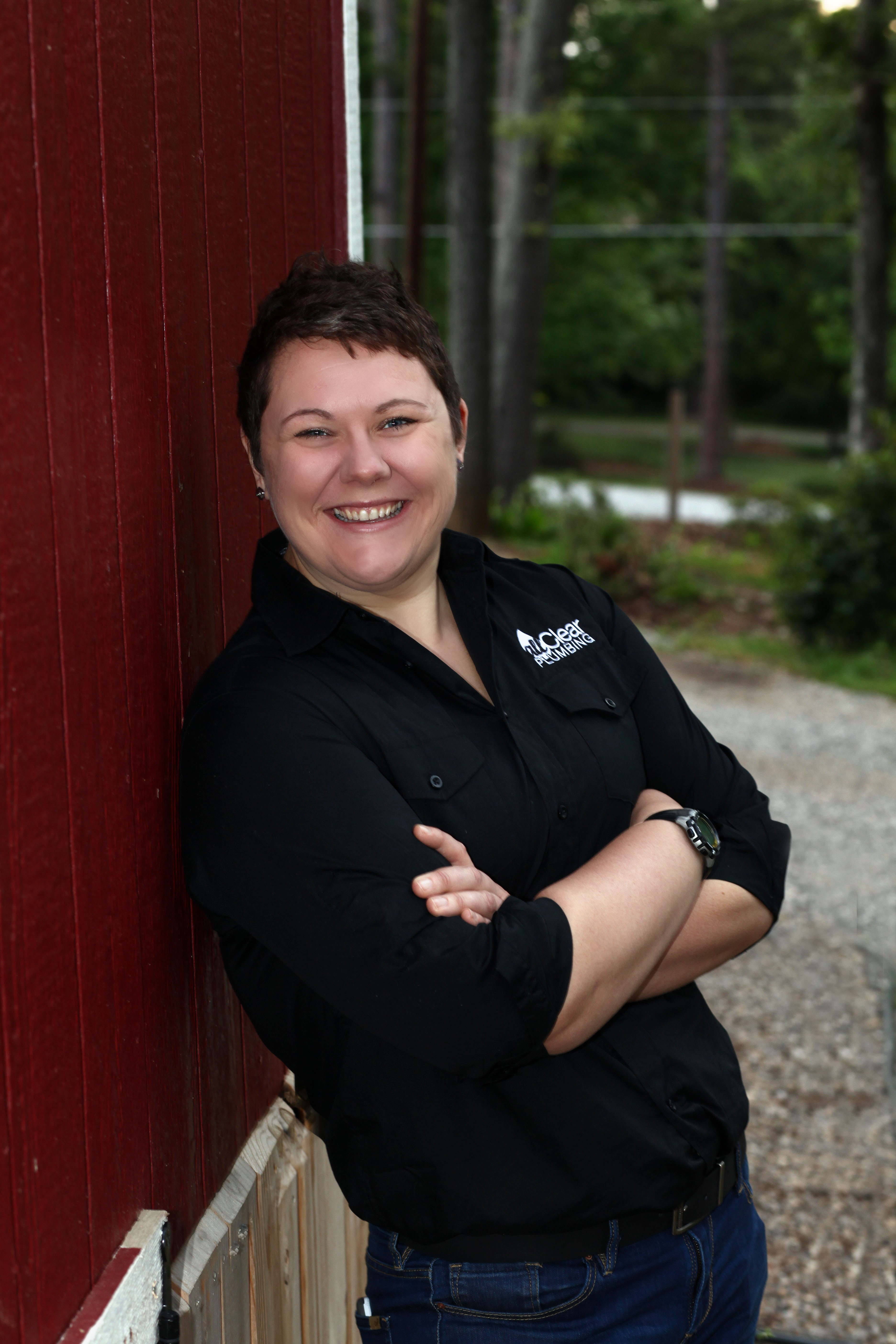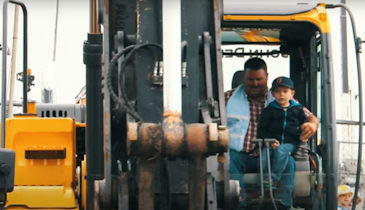Interested in Business?
Get Business articles, news and videos right in your inbox! Sign up now.
Business + Get AlertsGraduation season is coming to a close, which means moms and dads everywhere are adjusting to a new phase of parenting. Their children are all grown up and getting ready to leave the nest.
Parenting seems to require a lot of learning on the job and continuously adapting to changing circumstances. In the beginning, babies need constant love and attention. They can't be left alone for any real length of time. As kids grow, they are capable of essential functions like clothing and feeding themselves. They start making decisions on their own.
Graduations sweep in a whole new level of autonomy. Kids might move out, start making serious financial decisions or enter a long-term relationship. You may not agree with all of those decisions, but hey — you've got to let them stand on their own feet, right? You could loosely describe parenting as “the process of creating a being and then slowly releasing control of that being as it matures so that you can relax and enjoy the fruits of your labor.”
Ignoring the oddity of calling a child a “being,” parenting and entrepreneurship have a few things in common. You could easily use that same sentence to describe owning a small business.
When you start a business, you work nonstop and make every decision. If you don't show up, it'll die. Over time, you create systems and add people who can share in the workload. Eventually, you want to retire, and hopefully, your “baby” continues to exist without you.
Everyone has heard (or said) the phrase, “My business is my baby.” Usually, it is an excuse for why they can't let go of control or ask for help. These people are helicopter-parenting their business. We all know the stereotype of the failure-to-launch child that results from a parent who isn't willing to let go. These parents won't let the child make decisions on their own and don't challenge the child — or themselves — to get out of their comfort zone. Typically, those people get judged harshly. The child for being useless and the adult for being a bad parent.
Judgment aside, there is a cautionary tale here for business owners who won't let their company grow up. Who won't trust their employees to make decisions, give them room to fail, or let them learn from their lessons. The employer who won't set appropriate boundaries, won't challenge the company to achieve more, and ends up stunting their growth.
Let's look at some parenting advice and see if it holds up under the lens of business leadership. These samples come from an article called "50 Easy Ways to Be a Fantastic Parent.” Maybe these “nuggets” will be useful for you, too.
They say: Set smart limits, don't clip your child's wings.
Just like a toddler, your company’s mission should be to "gain independence" if you ever want to step away from the day to day. When you can go fishing on a Tuesday and your business doesn't suffer for it — that's a success.
They say: Don't try to fix everything.
This could go a lot of ways. Externally, you could read it as “know your lane” — fix what you are good at and know when to make a referral.
Internally, it's about allowing your employees to find solutions on their own. Otherwise, they will have no idea how to make decisions without you.
They say: Remember that discipline isn't punishment.
When you set expectations, you have to hold people accountable. If you don't, you’ve created a suggestion instead of a rule. Enforcing limits and expecting results is not cruel or unusual.
They say: Pick your battles.
This is otherwise known as don't sweat the small stuff. Your way and the “right” way aren't necessarily the same thing. Learn how to tell the difference.
They say: Fess up when you blow it.
To create a culture where people take responsibility for their actions, you have to lead by example. If you make a mistake, own it.
They say: Respect parenting differences.
Translation — if one of your managers makes a call that you don't like, respect his or her authority. Don't undermine that person. You can always talk later, behind closed doors.
They say: Give appropriate praise, and cheer the good stuff.
It's too often that employees only hear from the “big boss” when something is wrong. They also need to get called out for positive behavior so that they do it more. Positive reinforcement is powerful.
They say: Give yourself a break.
No one has it all figured out. Steering the ship that is a growing company is complicated, scary and oftentimes thankless. Don't beat yourself up or work yourself to death.
They say: Pass along your plan.
Talk about the future with your employees. Ask for ideas and feedback. Hopefully, your best employees envision themselves as part of that future.
They say: Acknowledge strong emotions.
Sometimes employees and customers get upset. Sometimes they're excited. Either way, it is best to acknowledge and validate those feelings.
They say: Show them how to become a responsible citizen.
Set an excellent example. Do quality work. Be honest. Follow the rules. These things will speak for themselves both internally and outside of the organization.
They say: Explain why values are important.
Both your employees and customers should be clear on company values. If you don't tell your own story, people will create one for you.
They say: Love everyone equally, but treat them uniquely.
Care about your employees and customers as individuals, but don't play favorites.
They say: Say “thank you” whenever you feel it.
The article's advice technically is to say, "I love you," but this is a business environment. A thank-you is always welcome (and much more appropriate). Expressing gratitude helps you remember how blessed you are, and it makes people feel good.
They say: Savor the moments.
Celebrate milestones with both employees and customers. It does matter, and everyone loves an opportunity to celebrate.
They say: Be vigilant about safety.
Enough said. Safety should be front and center, always.
A Final Word
The analogy holds up, but being a business owner is also like being a parent in that, so often, we are trying to survive the day. Thinking and behaving intentionally — to eventually push the baby out of the nest — creates a subtle but powerful shift.
Whatever your retirement or exit plan is, it can't hurt to consider some of this great parenting — a.k.a. leadership — advice.
About the Author
Anja Smith is managing partner for All Clear Plumbing in Greenville, South Carolina. She can be reached at anja@acpupstate.com.






